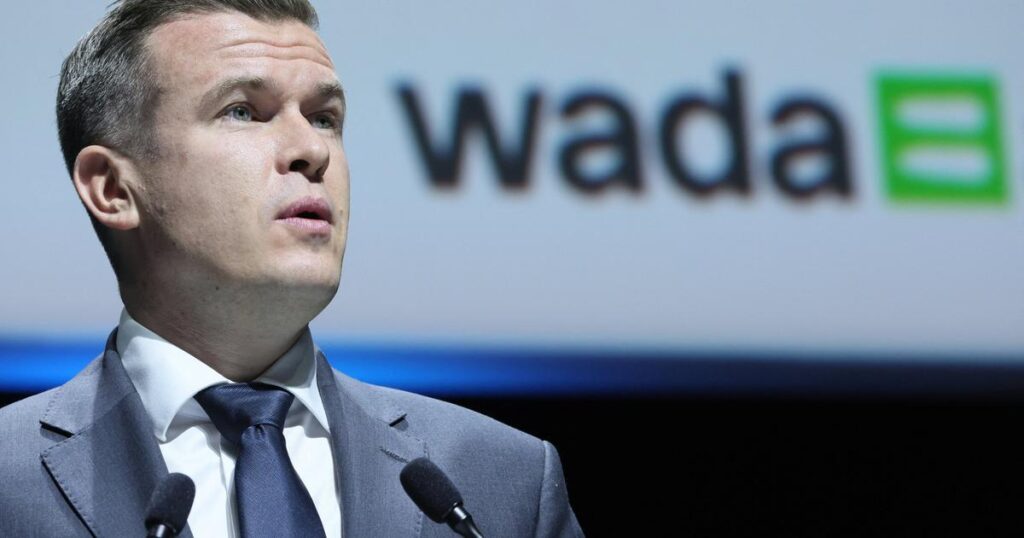Despite the ongoing turmoil in Ukraine, World Anti-Doping Agency (WADA) President Witold Banka has reaffirmed his determination to monitor doping controls carried out in Russia a little more closely.
Despite the problems imposed by the crisis in Ukraine, the World Anti-Doping Agency (WADA) is still monitoring testing operations in Russia ahead of the decision to re-enter the nation, President Witold Banka said on Tuesday. This is in preparation for the decision to re-enter the country.
After this year, the World Anti-Doping Agency (WADA) will lift the existing two-year ban from the international sport that it has placed on Russia as a punishment for massive, state-sponsored violations of anti-doping standards.
Even though some Russians have gone on to compete internationally as “neutral” athletes, including in the last two Olympics, the doping control procedure has been made more difficult by the country’s isolation since the beginning of the war.
Banka, who reaffirmed WADA’s condemnation of Russia’s invasion of Ukraine, which Moscow refers to as a “special military operation,” stated that the organization is still able to monitor the work of the Russian Anti-Doping Agency. Russia’s invasion of Ukraine is being called a “special military operation” by Moscow (RUSADA).
To ensure that the war is not a cheater’s paradise, we keep an open channel of communication with RUSADA. We are keeping a careful eye on them to determine what actions they are doing… We have not severed that means of communication at this time “the Pole revealed this information to the media present in Sydney during the AMA’s Global Education Conference.
Due to the war and the situation in Ukraine, as well as the situation in Russia, it is still difficult to predict what will occur in the upcoming weeks and months: “We have to wait until the end of the year, we monitor what they are doing, see in the weeks or months to come what happens in terms of re-entry into the system.”
This week, RUSADA announced that its investigation against figure skater Kamila Valieva’s positive test had been concluded and that it will shortly convene hearings into the case.
The fact that Valieva had a positive drug test result at the Russian national championships in December 2021 was not made public until February 8, 2022, a day after she had contributed to her team’s success at the Beijing Olympics and helped them win the gold medal. “We know the hearing date, so we have to wait for the ruling, and then WADA will determine what to do,” stated Banka. “The date of the hearing is known to us.”
“We are keeping a very close eye on this matter, and I made it clear to them a month ago that I believe they need to move the process along more quickly. Now that we are aware of this information, the hearing might take place very soon. Let’s see.”
The skaters from the United States and Japan, who finished second and third behind the Russian team in Beijing, have still not received their medals, and their wait will be extended if WADA appeals any sanction from RUSADA inflicted on Valieva. Valieva was found to have violated the anti-doping rules during her participation in the Beijing Olympics.
Supplements, which were historically responsible for up to a third of the country’s doping cases, were not the source of any positive tests for Australian athletes in 2021, according to an announcement made by Sports Integrity Australia (SIA) earlier in the conference. -22.
According to Banka, “It is a remarkable achievement and clearly shows the power of education.” [Citation needed] “Education is the most effective method we have for preventing drugs in athletic competition. As time goes on, it is turning into an increasingly important cornerstone of the work that the World Anti-Doping Agency does.
